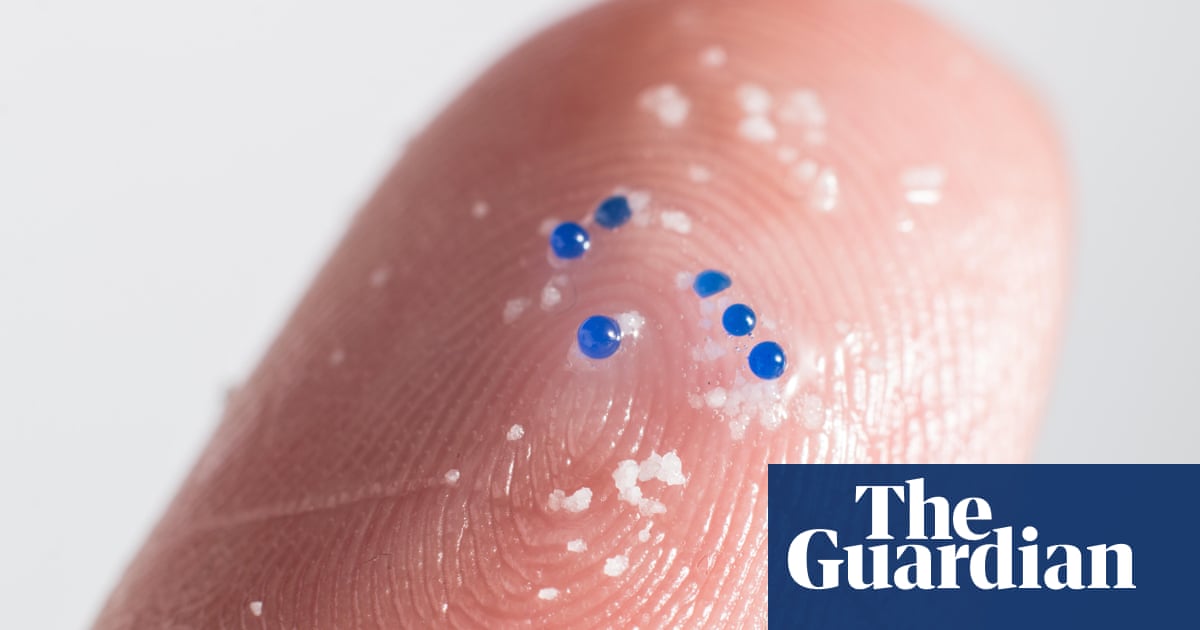India should consider a ban on microbeads in personal care products, in line with many other countries in the world, say researchers.
Microbeads are a type of microplastic used in cosmetic products to exfoliate the skin. After a public uproar when the plastics were highlighted in Europe a decade ago, they were banned in the Netherlands in 2014, with many other countries following, including the US in 2015 and the UK in 2018.
But microbead production has yet to be banned in India, and is forecast to increase at “alarmingly high” rates as a result of demand from India’s fast-growing middle class. India’s personal care and beauty industry was valued at $28bn (£21bn) in 2023, making it the eighth largest market in the world for such products.
Earlier this year, students at Cochin University of Society and Technology, India, analysed 45 widely available personal care products including face washes and shower gels, and found microbeads in 45% of products studied.
Although purposely produced microplastics constitute less than 10% of the total floating microplastics in oceans, with the remainder coming from broken down larger pieces of plastic, microbeads from personal care products constitute 93% of that primary microplastic pollution, according to the Cochin study.
Found in locations ranging from the top of Mount Everest to the bottom of the Marianas Trench, microplastic particles have been associated with a range of health issues in humans and wildlife, including hormone imbalances and gut blockages.
Their small size can allow them to “act as vectors for other contaminants” like poisonous metals, which are then accumulated at higher levels of the food chain, according to Riya Alex, a phD candidate at Cochin University who led the research.
Previous studies have identified microplastics in blood, urine, placental tissue and elsewhere in people’s bodies. “We still don’t know how it will affect us” Alex said. “It’s still a topic of research.”
Some microbeads are pigmented with potentially toxic chemicals, bright colours that tend to attract organisms that may feed on them out of curiosity, Alex added.
The Indian bureau of standards (IBS) has regulated the use of single-use plastics since 2011. But there is no dedicated microbead regulation. The IBS this year banned the production of non-recycled polyethylene, the predominant polymer used in microbeads, but the regulations are “not that strict”, so they often go “unnoticed”.
A portion of the products with microplastics the researchers analysed had labels promoting recycling and their eco-friendliness, which the researchers said was a case of “greenwashing” the personal care industry.
“Many environmentally conscious people who care about the environment don’t know these things are plastic” Alex said. Her research concluded there should be better labelling to promote awareness, replacement with natural substitutes, or outright bans on microbeads in products.
“If consumers get aware of this, they can make informed choices,” Alex told the Guardian. “If they know about it, they will automatically check the label, or at least they will avoid such products with beads altogether. Everything is market demand and supply. If there is no demand, brands will go back to natural alternatives.”








